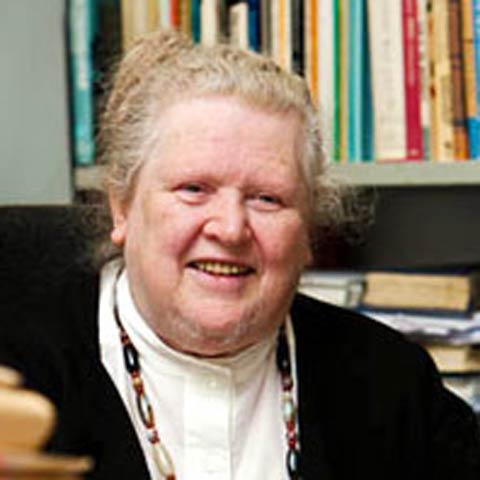New history of Lancaster University

Half a century of success is the story of the development of Lancaster University in the latest book from Marion McClintock MBE.
“Shaping the Future: a history of the University of Lancaster, 1961-2011” traces the history of the University from its early days at St Leonardsgate in the city to the internationally renowned institution of today.
Marion McClintock has worked for the whole of her professional life in higher education, including more than forty years at Lancaster University, where she was Academic Registrar from 1994 to 2006. She is currently Honorary Archivist and Honorary Fellow of the University.
She said: “From the outset the university was committed to undertaking research as well as teaching, and many successful teams built on early initiatives; for example, on the environment, low temperature physics, or the study of the creative arts. The six research assessment exercises between 1986 and 2008 saw Lancaster rising steadily in the ascendant.
“Furthermore, Lancaster is now ranked within the top ten of all major UK university league tables including the Guardian, The Times and the Complete University Guide. The university has maintained its outstanding research reputation, and continuously seeks ways in which its research can be applied for the good of society.”
Drawing on the University's original documents, and consistently placing local events in their national context, the book gives a coherent and persuasive account of the many twists and turns of Lancaster’s story from the announcement of its foundation to the present day, and its distinctive role and direction.
From the day it opened its doors, as the chapter on governance relates, the new institution had full authority to manage its own affairs within the terms of its royal Charter and Statutes, and to determine its own strategic direction. The commitment to learning and teaching within its academic culture and to the highest levels of research achievement, are fully described, as well the reflections of students on their own experiences, particularly in the early, experimental years.
Further chapters on finance and the physical development of the University campus show how academic choices, the welfare of students, and careful guardianship of its affairs fuse together in the University we see today.
The book will be of particular interest to Lancaster’s alumni across the world, to current staff and students, and to all those with an interest in UK higher education.
https://online-payments.lancaster-university.co.uk/browse/product.asp?catid=273&modid=1&compid=1